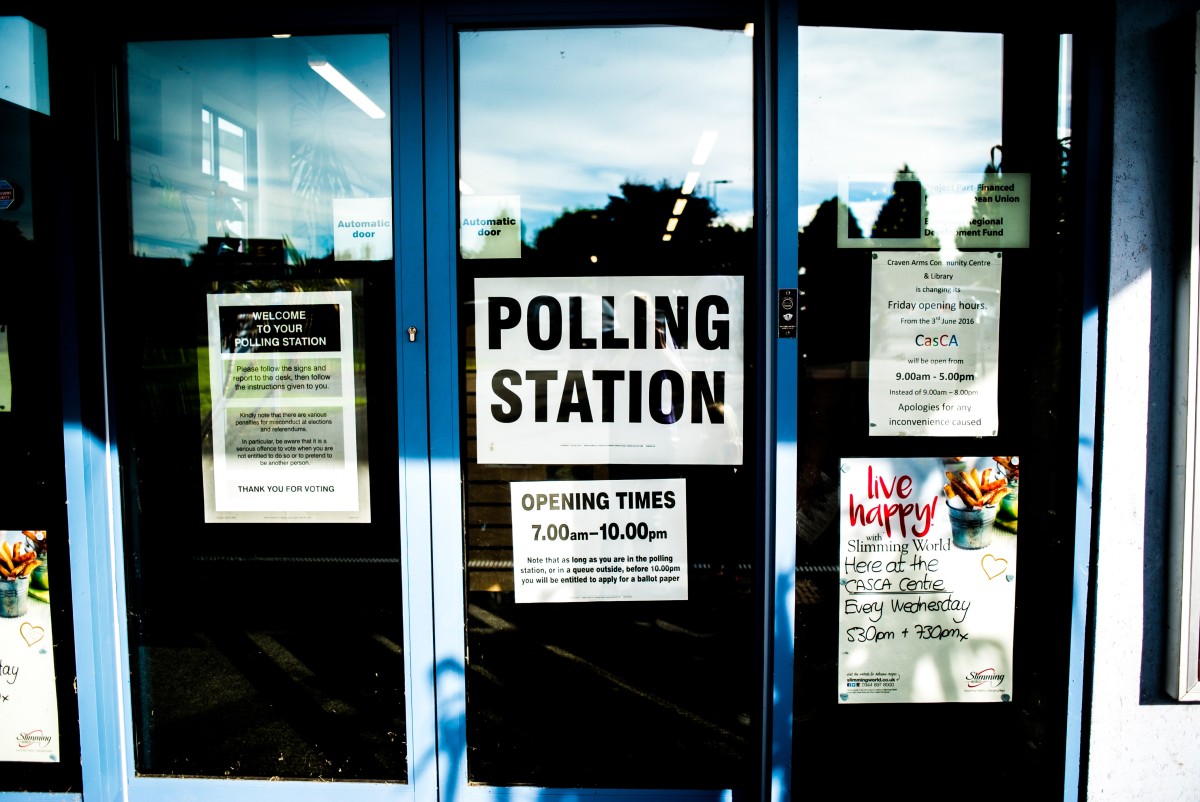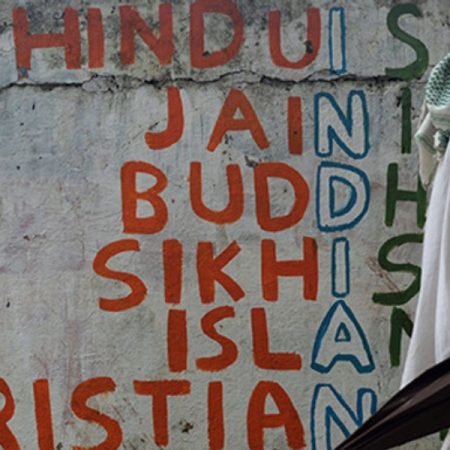Iran Takes Charm Offensive To U.N., Agrees To Nuclear Talks
By David Brunnstrom and Arshad Mohammed
 |
Iranian President Hassan Rouhani addresses the 68th United Nations General Assembly at UN headquarters in New York, September 24, 2013. REUTERS/Brendan McDermid |
UNITED NATIONS (Reuters) – Iran’s new government took its diplomatic charm offensive to the United Nations on Monday and agreed to new talks on its nuclear program with six world powers including the United States – with Secretary of State John Kerry attending – at this week’s U.N. summit of world leaders.
The meeting bringing the top U.S. diplomat and new Iranian Foreign Minister Mohammad Javad Zarif around the same conference table will be highly unusual given that the United States has not maintained diplomatic relations with Iran since 1980.
The announcement of the planned talks, made after a meeting between European Union foreign policy chief Catherine Ashton and Zarif, raised hopes that the annual United Nations General Assembly could bring a thaw in relations between arch-enemies Iran and the United States.
U.S. officials have also said a meeting is possible this week between President Barack Obama and Iran’s newly elected centrist President Hassan Rouhani, who has shown an apparent desire to take a more conciliatory approach towards the West since taking office last month.
If that meeting were to happen, it would be the first between U.S. and Iranian government heads since before the 1979 Islamic revolution that toppled the U.S.-backed Shah, and could help ease tensions in the Middle East that have been worsening given the crisis in Syria.
Iran is a key ally of Syrian President Bashar al-Assad, a U.S. foe whose country has been torn by civil war since 2011.
U.N. Secretary-General Ban Ki-moon has invited world leaders attending the General Assembly, including Rouhani and Obama, to attend an annual luncheon at the United Nations on Tuesday. That would be one possibility for the two men to meet briefly. It was not immediately clear if Obama, who skipped last year’s U.N. luncheon, was planning to attend.
Obama and Rouhani will both address the assembly on Tuesday.
Ashton told reporters that Zarif would join counterparts from the five permanent members of the U.N. Security Council and Germany at a meeting that has been scheduled for Thursday to discuss the Iranian nuclear program, which is at the heart of tensions between Tehran and the West.
The West believes Iran has been trying to develop nuclear weapons and is determined to stop this, imposing tough economic sanctions. Iran says it is not trying to produce a bomb but has insisted on its right to enrich uranium for the purpose of peaceful energy production.
High-level contacts between the United States and Iran have been extremely rare since 1979. The last time that a U.S. secretary of state and an Iranian foreign minister spoke face-to-face appears to have been more than six years ago.
In May 2007, then-U.S. Secretary of State Condoleezza Rice made clear she was open to talking to her Iranian counterpart, Manouchehr Mottaki, at an international conference in Egypt, but the encounter amounted to pleasantries over ice cream.
U.S. State Department spokeswoman Jen Psaki said the United States was ready to work with Rouhani if his government engages seriously in efforts to resolve the nuclear issue.
A senior State Department official added: “In all the meetings with the Europeans, there was a clear sense that this opportunity with the Iranian foreign minister will give our ministers a sense of their (the Iranians’) level of seriousness and whether they are coming with concrete new proposals – and whether this charm offensive actually has substance.â€
The official, speaking on condition of anonymity, was referring to Kerry’s meetings with European counterparts, including British Foreign Secretary William Hague, on Monday.
The EU, led by bloc’s top diplomat Ashton, has chaired the talks between Iran and the so-called P5+1 – Britain, China, France, Russia and the United States, as well as Germany – which have made little headway in spite of years of negotiations.
Ashton said the meeting in New York would be “short discussions,†and added that she would represent the P5+1 in a meeting with Zarif in Geneva in October.
Ashton said she had “a good and constructive discussion†in what was her first face-to-face meeting with Zarif.
Asked about the possibility of a relaxation of sanctions on Iran – the desire for which some analysts see as the reason for the more conciliatory approach from the Iranians – Ashton said: “What I saw today was energy and determination to try and move forward in our talks.â€
Asked if Zarif had made any mention of the possibility of Iran suspending its uranium enrichment as the U.N. Security Council has demanded – and whether the negotiating effort could be on the verge of a breakthrough – Ashton said: “We didn’t talk about the detail of what we would do.â€
She said she looked for every opportunity to resolve the issue of Iran’s nuclear program, adding: “I hope this will be one.â€
Zarif wrote on Facebook that his meeting with Ashton was “positive.†He said he explained to Ashton how it would be possible to “reach a solution based on the rights of the people of Iran and the removal of sanctions.â€
Speaking before his trip to New York, Rouhani said on Monday he would use his visit to the United Nations to present the “true face of Iran†and to pursue talks and cooperation with the West to end the nuclear dispute.
“Unfortunately in recent years the face of Iran, a great and civilized nation, has been presented in another way,†he said, according to comments published on his official website.
“I and my colleagues will take the opportunity to present the true face of Iran as a cultured and peace-loving country,†he added.
Rouhani, a former nuclear negotiator under reformist former President Mohammad Khatami, did not make clear who he blames for any distortion of Iran’s image. But the comments suggest he is intent on distancing himself from the controversial, outspoken approach to the West adopted by predecessor Mahmoud Ahmadinejad.
Rouhani, however, also targeted the West over sanctions he said had resulted in suffering. Rouhani has vowed to improve Iran’s ailing economy, which has suffered deeply as a result of the sanctions.
Last week, his tone was endorsed by Iran’s most powerful figure, Ayatollah Ali Khamenei, who spoke of “heroic flexibility,†suggesting a new willingness to engage in diplomacy with Iran’s adversaries.
Iranian media reported on Monday that authorities in Iran have pardoned 80 prisoners ahead of Rouhani’s visit to the United Nations. In a tentative sign that hardline policies are starting to soften following Rouhani’s inauguration last month, authorities freed prominent human rights lawyer Nasrin Sotoudeh and at least 10 other prisoners last week.
In Washington, four senior U.S. senators – two Democrats and two Republicans – urged Obama to keep a tough stance on Iran.
Democrat Robert Menendez and Republican Lindsey Graham urged Obama to use his General Assembly speech to restate the U.S. goal of not permitting Iran to get nuclear weapons. In addition, Democrat Charles Schumer and Republican John McCain urged Obama not to let up on sanctions on Iran.
(Additional reporting by Louis Charbonneau, Lesley Wroughton and Arshad Mohammed, and Yeganeh Torbati at the United Nations, Marcus George in Dubai, Patricia Zengerle in Washington; Writing by David Brunnstrom; Editing by Will Dunham)
15-40













2013
855 views
views
0
comments